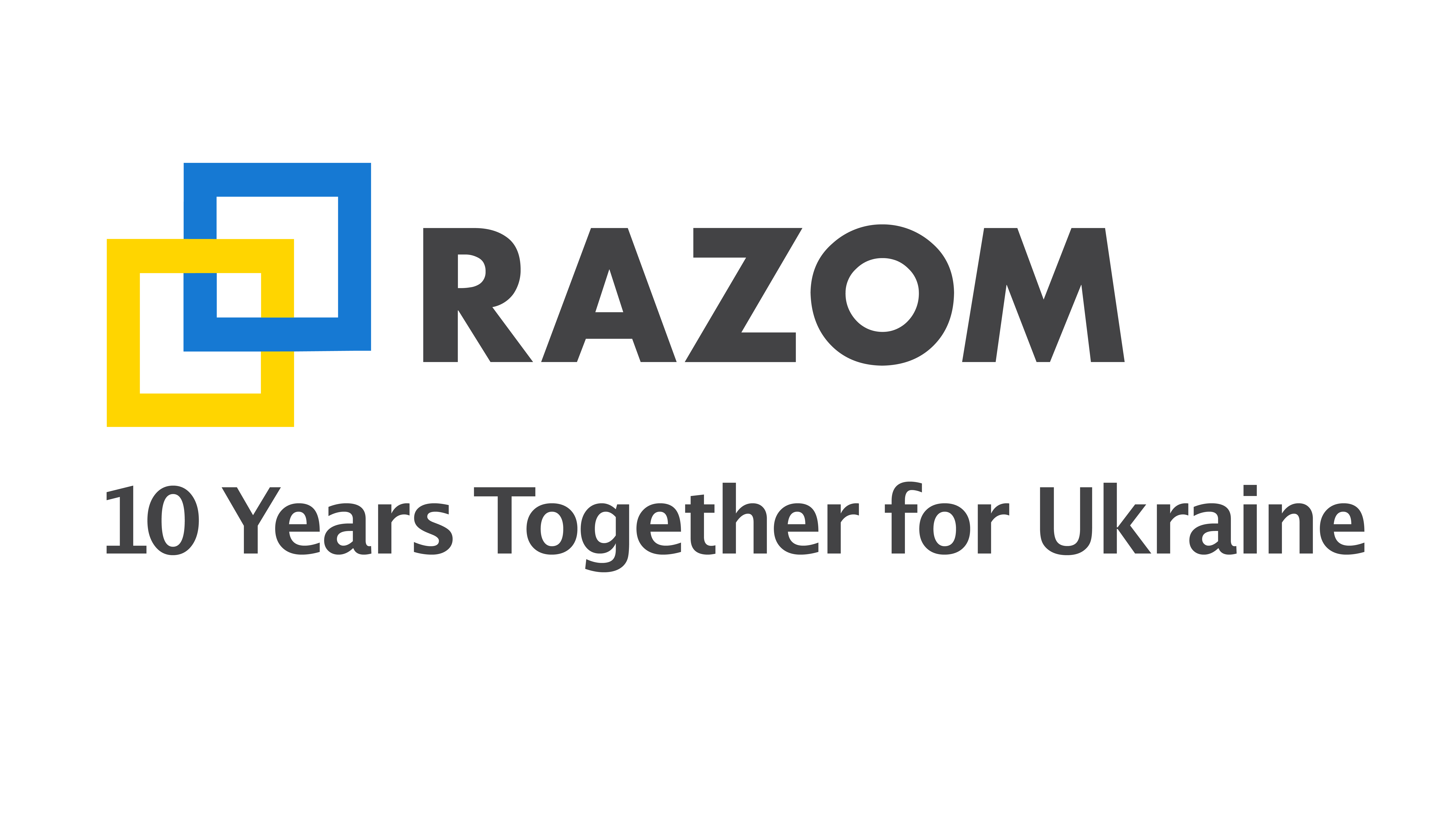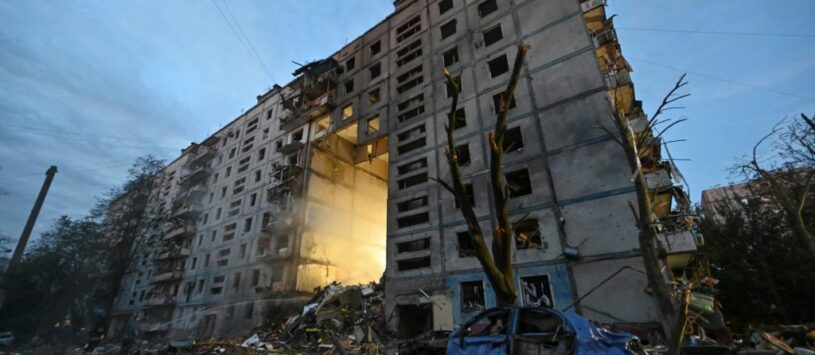Atlantic Council published an article, written by the Razom Advocacy Team, on the Atlantic Council’s UkraineAlert blog. Razom has always stressed that narrative and framing is important, that information about Ukraine needs to be reported accurately. Millions of lives depend on it. We thank our Advocacy Team for the important work they do every day in sharing the truth about Ukraine with the world.
“by Razom Advocacy Team
Russia fired more than 80 missiles and launched at least 24 kamikaze drones at civilian targets across Ukraine on October 10. The latest reports suggest that 19 Ukrainians were killed in the attacks with more than 100 injured. The strikes left large swathes of the country without electricity, water, and internet access. The following day, Russian airstrikes continued with around 30 missiles and 15 drones targeting civilian infrastructure.


This wave of attacks began just two days after an explosion on the Crimean Bridge, which links the occupied Ukrainian peninsula with the Russian Federation. In an address on October 10, Russian President Vladimir Putin claimed that Moscow’s dramatic air war escalation was a direct response to the suspected Ukrainian attack on the Crimean Bridge.
Many international media outlets appeared to take Putin at his word and framed their coverage of the Russian missile blitz as retaliation for the earlier bridge attack. These attempts to create a single news narrative from two separate events are factually incorrect, not to mention pernicious.
The scale of Russia’s aerial attacks on October 10-11 indicates weeks if not months of planning and preparations. Dozens of targets in towns and cities across Ukraine had to be identified and confirmed; missiles, bombers, warships, and drones had to deployed and prepared for action. These are not tasks that could realistically be accomplished in the two-day window between the Crimean Bridge attack and the launch of Russia’s airstrike escalation.
In addition to these obvious practical issues, the retaliation narrative also risks creating false equivalency between Russian international aggression and Ukraine’s justifiable efforts to defend itself. The Crimean Bridge was constructed by Russia to strengthen Moscow’s illegal occupation of Ukraine’s Crimean peninsula. Furthermore, it has since been used as a key artery for the transportation of troops and military equipment from the Russian Federation to Crimea and Russian-occupied regions of southern Ukraine. In other words, the bridge plays a vital logistical role in the Russian invasion. As such, it clearly qualifies as a legitimate military target…”

Learn more about and support the work of Razom Advocacy Team here.

